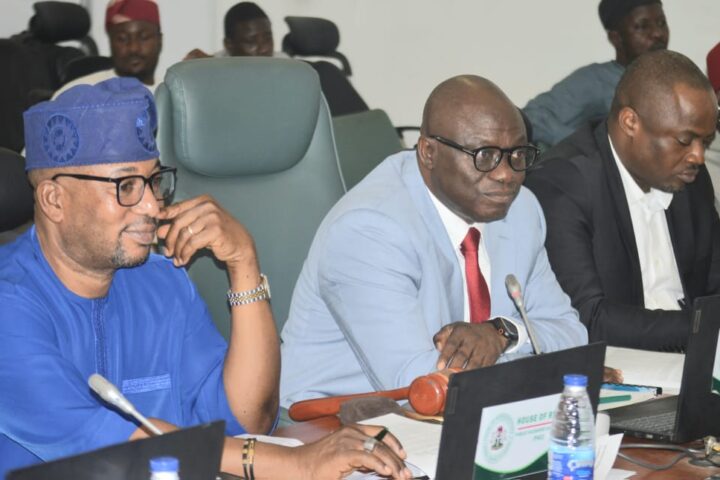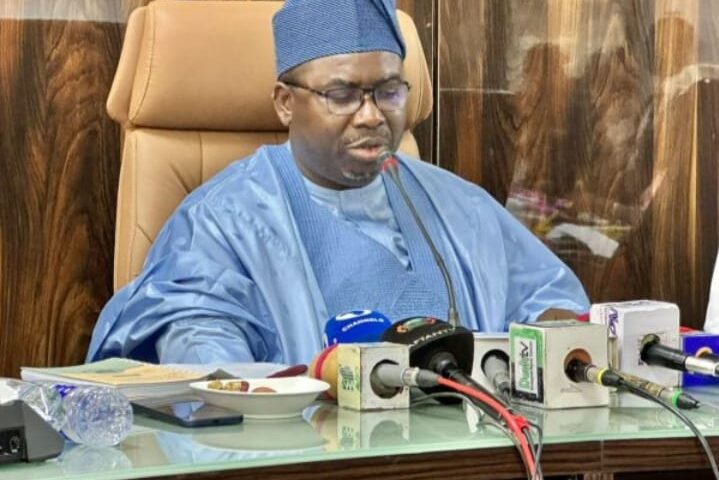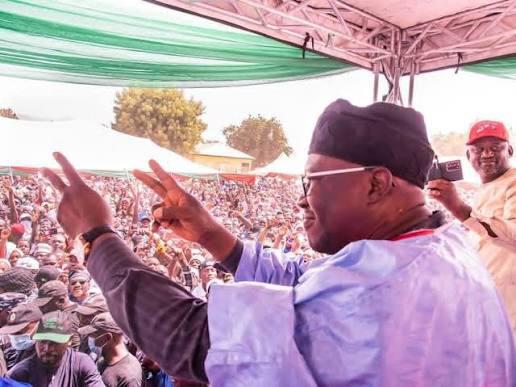Nigeria must maintain crude oil production at 2.2 million barrels per day (bpd) to ensure the viability of the 2025 budget and stabilise the nation’s economy, the Nigeria Economic Summit Group (NESG),has said.
Its Chief Executive Officer, Dr.Tayo Adulojo, who disclosed this on Friday at the NESG media briefing on its 2025 strategic vision in Abuja, also explained that sustaining the production level is essential for revenue generation, foreign exchange stability, and economic growth.
According to him, maintaining 2.2 million bpd is a realistic target, on the strength of current administration’s track record in boosting output.
He said hitting 2.2 million bpd crude production, regardless of the crude oil price, is necessary for the budget to be realistic.
The government,he noted, has shown since it came into office that crude production moved from 1.1 million bpd to 2.2 million bpd, and even to 2.8 million bpd.
Aduloju, who also unveiled the NESG’s latest report, “The Arc of the Possible,” said that maintaining 2.2 million bpd would stabilise the forex market by increasing dollar inflows,support fuel subsidy removal and downstream sector liberalisation as well as noost government revenue, enabling critical infrastructure and social investments.
He observed that political stability and security are essential to sustaining production levels, even as he maintained that that effective reforms could push Nigeria’s GDP growth to 5.5% in 2025, with inflation declining to 24.7% under optimal conditions.
He also said that due to Rivers’ import to the nation’s oil production and the economy generally, there is a need for a quick intervention in ensuring stability returns to the state and improvement in funding of government security.
Improved power supply and fuel availability, reducing operational costs for businesses, especially Nano, Micro, Small, and Medium Enterprises (NMSMEs),better forex liquidity, supporting manufacturers reliant on imported raw materials.a gricultural sector reforms, addressing financing, storage, and logistics bottlenecks,as well as ennhanced security in farming regions, boosting food production and easing inflation,he said are key drivers of the growth.
He added that policy coordination between fiscal and monetary authorities is essential to achieving these targets.


















